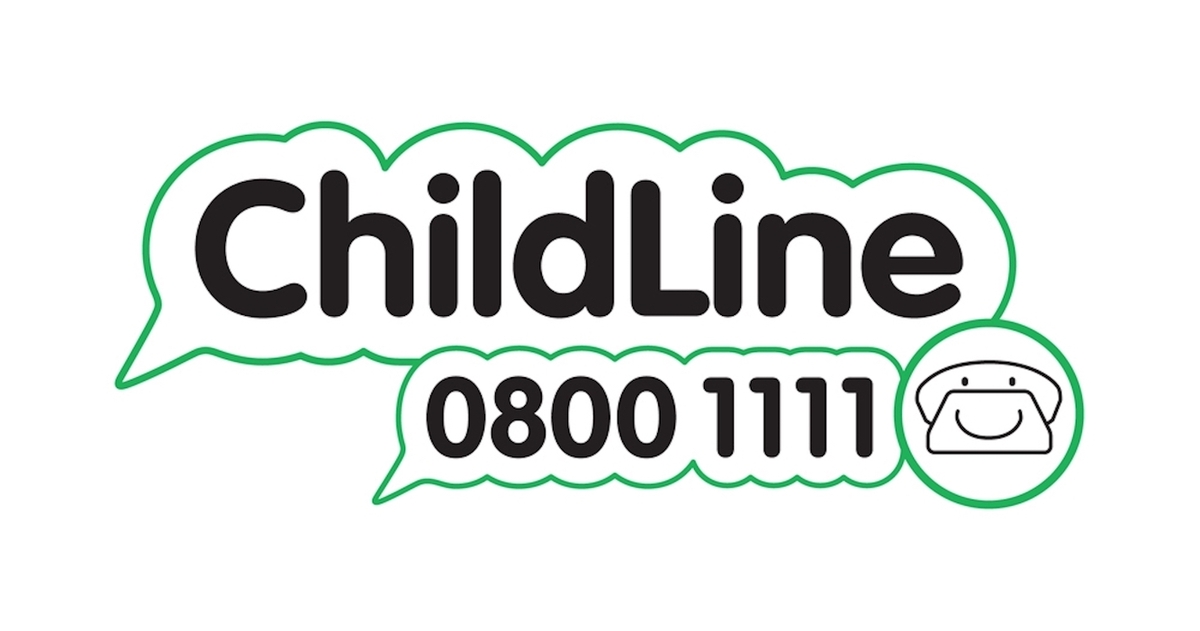E-Safety for children
Children
There are lots of fun and interesting things you can do on the internet. And it can be a great way to stay in touch with friends. But it’s important to understand how to stay safe online. Sometimes people will try to trick you into clicking dangerous links or sharing things about yourself. Or something you’ve shared might be used to bully or frighten you. Below are resources that will help you to use the internet safely, responsibly, and positively.
TIPS TO STAY SAFE ONLINE
There are lots of things you can do to keep yourself safe online.
Think before you post
Don’t upload or share anything you wouldn’t want your parents, carers and teachers, seeing. Once you post something, you lose control of it, especially if someone else screenshots or shares it.
Don’t share personal details
Keep things like your address, phone number, full name, school and date of birth private, and check what people can see in your privacy settings. Remember that people can use small clues like a school logo in a photo to find out a lot about you.
Watch out for phishing and scams
Phishing is when someone tries to trick you into giving them information, like your password. Someone might also try to trick you by saying they can make you famous or that they’re from a talent agency. Never click links from emails or messages that ask you to log in or share your details, even if you think they might be genuine. If you’re asked to log into a website, go to the app or site directly instead.
Think about who you’re talking to
There are lots of ways that people try to trick you into trusting them online. Even if you like and trust someone you’ve met online, never share personal information with them like your address, full name, or where you go to school.
Keep your device secure
Make sure that you’re keeping your information and device secure. Don’t share your password with anyone except your parents. Make sure you pick strong, easy to remember passwords.
Cover your webcam
Some viruses will let someone access your webcam without you knowing, so make sure you cover your webcam whenever you’re not using it.
Don't be mean or embarrass other people online.
Just like you, there's a real person attached to that screen name who has feelings too. When you're using the computer, it can be tempting to hide behind a username to play a joke on someone by teasing the person or pretending to be someone else. Always be kind online. If someone is being unkind to you always tell a parent/carer or teacher. They will be able to help and support you.
If you would like to talk to someone in school about any online concerns, please speak to your class teacher or Miss Collings/Mrs Potter.
Childline

Useful tips and advice on how to stay safe online. If you are not ready to make a report to CEOP you can speak to Childline anonymously on 0800 1111.
www.childline.org.uk/online-mobile-safety/
Childnet

Through Childnet you will find top tips, competitions, blogs, and advice to help you use the internet safely, responsibly and positively.
4-11 year olds - www.childnet.com/4-11-year-olds
